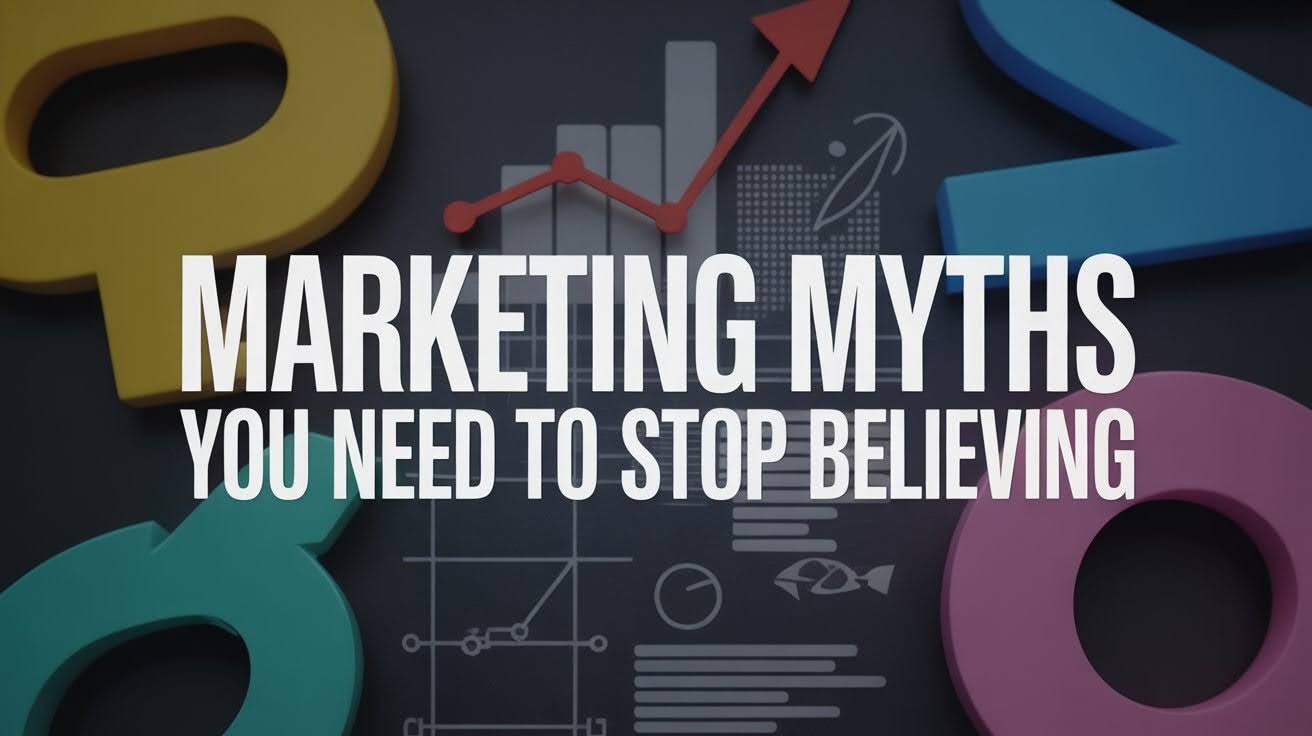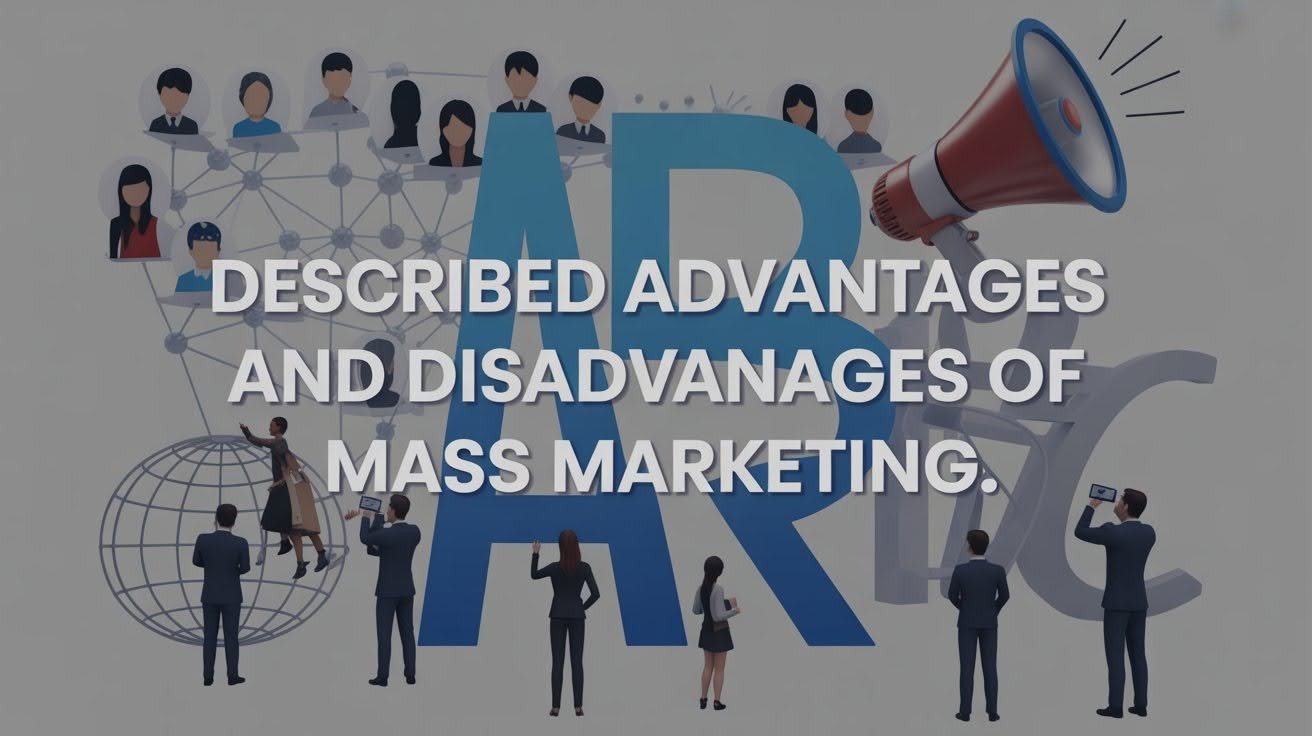Starting a business excites people. However, you must know the situation before you commit fully now.
About resources, customers, plus their market assumptions are made by every entrepreneur. Guesses aren’t just assumptions like these.
Your strategy planning is shaped by them just as are your risk management and future building. You can set yourself up for some success if you get them right.
Errors may cause encounters with grave issues later. What are the assumptions that you should make?
When you start your own business, make those assumptions. Prior to launch, break down all of the key things that you need to know.
Market & Customer Assumptions

Understanding your market and customers is critical. These assumptions help you build a product people actually want to buy.
Assume There Is Demand for Your Product
You might love your business idea. But does anyone else want it? Don’t assume people will buy just because you think it’s great.
Talk to potential customers. Ask them about their problems. Find out if your product solves something they actually need. Look at your competitors. What are they doing well? Where are they falling short?
Test your idea on a small scale before going all in.
Assume Your Idea Will Evolve
Your first idea probably won’t be your final one. And that’s okay. The best entrepreneurs stay flexible and listen to feedback.
Pay attention to what customers say. Be ready to make changes based on what you learn.
Instagram started as a check-in app. The founders noticed people loved the photo filters. So they changed course and focused only on photos. Slack began as a gaming company. When the game failed, they realized their internal communication tool was the real product.
Stay open to change. Your final product might look very different from where you started.
Assume Competitors Are Watching and Learning
Other businesses are paying attention to what you do. If something works for you, they’ll try to copy it.
Keep an eye on your competition. But don’t just copy what others do. Find ways to stand out. Maybe you offer better customer service. Maybe your product has unique features. Make sure customers know why you’re different.
Assume Branding Matters More Than a Logo
Your brand is the entire experience people have with your business. Think about how customers feel when they interact with you. Are you consistent? Do people trust you?
Good branding creates an emotional connection. Build a brand voice that feels authentic. Show up consistently. Be honest with your customers. This builds trust over time, and trust is what keeps customers coming back.
Financial Assumptions

Understanding money matters can make or break your business. These financial assumptions help you prepare for the real costs of running a company.
Assume Costs Will Be Higher Than Planned
Every entrepreneur underestimates their expenses. You plan for obvious costs like rent and supplies. But then surprise expenses pop up.
Legal fees add up fast. Marketing costs more than you think. Equipment breaks down. Permits and licenses cost money. Track every dollar you spend from day one. Watch your cash flow carefully.
Build a buffer into your budget. If you think something will cost $1,000, plan for $1,500. This cushion saves you when unexpected bills arrive.
Assume Funding Can Be Challenging
Getting money for your business is harder than it looks. Banks want proven track records. Investors want traction.
Don’t rely on just one funding source. Look at personal savings, small business loans, crowdfunding, angel investors, or credit cards. Each has pros and cons.
Set aside emergency reserves before you start. Aim for at least three to six months of operating expenses. This safety net keeps you going when sales are slow.
Assume Profitability Takes Time
Most businesses don’t make money right away. Some take months to break even. Others need years. This is normal.
Plan your personal finances accordingly. Can you live without a salary for six months? Budget for low or zero income in the beginning. Many entrepreneurs keep their day jobs while building on the side.
Don’t panic if you’re not profitable immediately. Focus on building your customer base. Track your progress. Are sales growing? These trends matter more than quick profits.
Operational & Personal Assumptions

Running a business affects every part of your life. These assumptions help you prepare for the realities of being an entrepreneur.
Assume You’ll Have to Do Everything Yourself at First
In the beginning, you wear every hat. You’re the CEO, accountant, marketer, and customer service rep all at once.
You answer emails, handle sales, pack orders, and fix the website. It’s exhausting, but it’s part of starting small.
Use automation tools as you grow. Email platforms and accounting software handle repetitive tasks. When you can afford it, outsource work to virtual assistants or freelancers.
Assume Hard Work Is Non-Negotiable
Starting a business means long hours. You’ll work nights and weekends.
But working hard doesn’t mean burning out. Set boundaries. Take breaks. Exercise and sleep matter. Find small ways to maintain balance with family and friends.
Assume a Support System Is Essential
You can’t build a business alone. Find mentors who’ve been where you are. Join entrepreneur groups for feedback and encouragement.
Get professional support from business coaches, accountants, and lawyers. Your family and friends matter too. They listen when you’re stressed and believe in you.
Building a strong support system isn’t a weakness. It’s smart business.
Risk Management & Mindset Assumptions

Your mindset determines how you handle problems. These assumptions help you build mental strength for the road ahead.
Assume Failure Is Possible and a Learning Opportunity
- Not every business succeeds. But failure doesn’t mean you’re a failure.
- Many successful entrepreneurs failed multiple times before they made it. They learned what didn’t work and tried again.
- Treat setbacks as data. A product that doesn’t sell teaches you about your market. Lost customers show where your service needs improvement.
- Don’t let fear of failure stop you from starting. But know when to pivot and when to cut your losses.
Assume Challenges Are Constant
- Problems never stop coming. Suppliers raise prices. Employees quit. Equipment breaks. Competitors launch something better.
- Build resilience into your mindset. Focus on solutions instead of complaints. Ask what you can control and take action.
- Develop strong problem-solving skills. Break big issues into smaller steps. Get advice from people who’ve faced similar situations.
- The businesses that survive solve problems faster than others.
Assume You Must Earn Attention and Trust
- Nobody is waiting for your business to open. Customers won’t automatically notice you.
- You have to earn their attention. Tell your story. Show why your product matters. Explain how it helps them.
- Marketing isn’t optional. Use social media. Write content. Build relationships. Show up consistently where your customers are.
- Trust takes time to build. Be honest. Deliver on promises. Respond to customers. Fix mistakes quickly.
- One happy customer tells a few friends. One bad experience gets shared with many more.
Conclusion
Starting a business means clear thought about the future.
To understand your market, to manage money with wisdom, to work harder than is expected, and to stay mentally strong throughout tough times are needed.
These aren’t just ideas. Every entrepreneur faces up to those practical realities.
Being adaptable, combined with readiness, is vital. Test your assumptions early. Listen to feedback. Adjust when needed.
When problems show up, stay resilient since they will.
Ideal guesses fail to bring success. The smart changes that are made along the way come from checking them regularly. Adapt always, move forward always, and learn always. It depends on your business needs.
Frequently Asked Questions
What is the most important assumption an entrepreneur should make?
Assume your costs will be higher than planned and profitability will take time. This mindset helps you prepare financially and avoid running out of cash in the early months.
How long does it typically take for a new business to become profitable?
Most businesses take months or even years to turn a profit. Plan your personal finances to handle low or zero income during the initial period while building your customer base.
Should I quit my job before starting a business?
Many entrepreneurs keep their day jobs while building their business on the side. This provides financial stability and reduces risk until your business generates consistent income.
How much money should I save before starting a business?
Aim for at least three to six months of operating expenses as emergency reserves. This safety net keeps your business running when sales are slow or unexpected problems arise.
Do I need a cofounder to start a successful business?
A cofounder isn’t required, but having a support system is vital. Whether it’s a business partner, mentor, or peer network, you need people who provide advice and encouragement.









